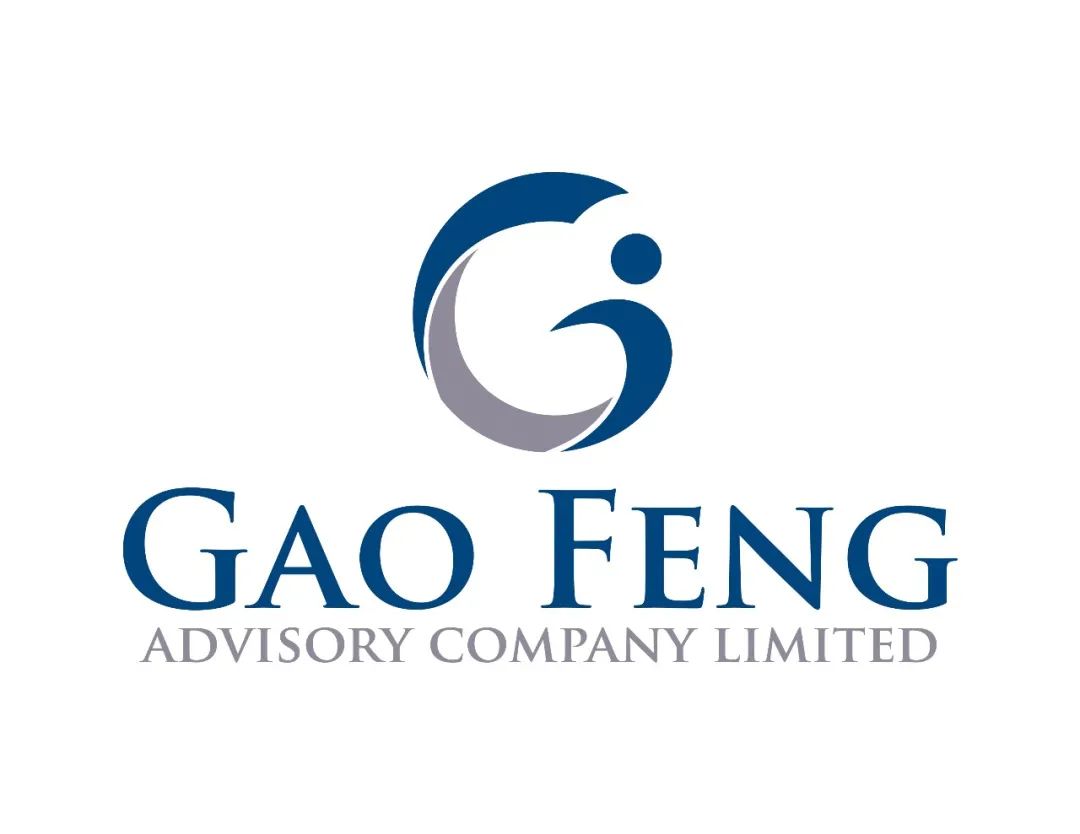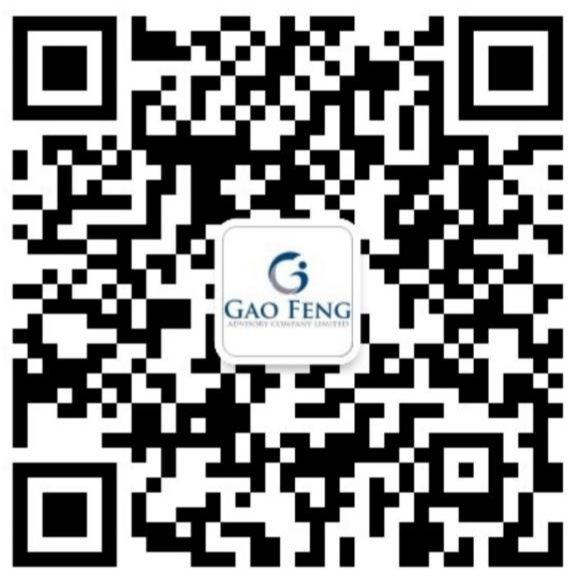SCMP | Barriers to Business

By Edward Tse
Originally published by South China Morning Post on August 10, 2020. All rights reserved.
The Trump administration, which has been blacklisting Chinese tech companies for years – including the electronics giant Huawei – is now targeting TikTok, the viral short-video app owned by Beijing-based ByteDance, among others. Citing national security concerns, US Secretary of State Mike Pompeo has said the app might deliver Americans' personal data into "the hands of the Chinese Communist Party".
Yet, before these claims surfaced, TikTok was already operationally independent from its parent ByteDance. TikTok’s recently appointed CEO, Kevin Mayer, is an American and a former Disney executive, and the app’s data centres are located in Singapore and California. In addition, ByteDance, a start-up worth more than US$75 billion, is a privately owned company which has raised about 70 per cent of its equity capital from investors in the United States.
Lashing out at Chinese tech groups on national security grounds is not new to Washington. According to some pundits, technically, TikTok can send data to China, since the government by law compels all Chinese internet companies to hand over data on demand, wherever the company operates. However, there is no evidence so far that this has ever taken place.
If this possibility is reason enough to ban a company, then no company can operate overseas – since almost every firm is a data company these days, and can theoretically develop algorithms to manipulate data for their own purposes, regardless of ownership structures.
Many pundits also claim that the TikTok ban is a reciprocal move for China’s blocking of US tech companies. Indeed, Facebook and Twitter were blocked in mainland China after they refused to comply with China’s data security law. Google chose to leave the mainland for the same reason.
However, a drove of data companies, such as LinkedIn, Amazon, Microsoft, Apple, Tesla, PayPal and Cisco – Huawei’s key competitor – are all operating in China. Even for Google and Facebook, China remains a large source of their advertising revenue, with key local customers aspiring to reach overseas markets.
As Washington continues with China bashing and increasingly protectionist policies, China has been moving to further open up its market. In mid-2018, the authorities decided to phase out foreign ownership limits on car companies, and Tesla became the first wholly owned foreign carmaker to operate in China with its Gigafactory in Shanghai.
Last year, British telecoms operator BT became the first non-Chinese telecoms firm to get a nationwide operating licence in China. Restrictions in the oil and gas industry have been largely relaxed, and China’s massive financial sector has also opened up to foreign investment.
This dichotomy – of China opening its doors to more foreign companies while the West, in particular the US, reverts to unilateralism and protectionism – contradicts the traditional frame of reference that the West is liberal and open while China is closed and restricted. Some have speculated about the possibility of a mass exodus of foreign companies from China after experiencing supply chain challenges in the pandemic.
But this has not happened so far. On the contrary, Chinese tech firms aspiring to go global are the ones seeking to distance themselves from geopolitics. TikTok, for instance, is considering setting up its global headquarters in London and severing ties with parent company ByteDance.
TikTok's case is a good example of the dramatic reversal of attitudes in the past few years. For a long time, it has been Washington's foreign policy goal to transform Communist China into a society like its own – free, ingenious and wealthy. Zhang Yiming, the entrepreneurial founder of ByteDance, would have been the epitome of US triumph, like many other Chinese entrepreneurs who share similar values with and look up to their Western counterparts.
Now, however, what Zhang envisioned to be a window to the world has become a "Trojan horse" for many Americans, to quote a Republican senator. At the same time, Trump's constant verbal abuse has changed Beijing from a potential "responsible stakeholder" – in the words of Robert Zoellick, former president of the World Bank – to a "strategic threat".
As the US devises expedient ways to contain China's influence, it is also undermining the global order that it has built over decades with much endeavour and success, including the post-war General Agreement on Tariffs and Trade that led to the World Trade Organisation.
For a long time, the world has looked to the US for leadership, but that leadership is being chipped away under the Trump administration. This has been exacerbated by the president’s recent assertion that the government should get "a very large percentage" of the proceeds from the sale of TikTok in the US.
While not infallible, the global system is necessary to maintain trust and order among countries. Drastic interventions such as a ban or the forced sale of a foreign company severely disrupts the way things work and, importantly, the underlying values.
To turn our back on globalism and its fundamental values would imply giving up the very opportunities that it has enabled: a larger pie for all, the proliferation of technology, improvements in public welfare and the exchange of ideas. Even as the TikTok case sorts itself out, we must remember that businesses, especially those engaged in cross-border activities, require an environment with a certain level of stability and predictability.
This case calls for a review of the global governance model that defines the universal code of conduct for businesses and governments, especially in how cross-border data should be stored, used and safeguarded. This will not be easy as it requires trust and willingness among countries with different ideological and political systems.
Leaders of great powers should help their countries – and the world – to create visions that guide beneficial developments for the future. As historian Harold James argues: "Globalism fails because humans and the institutions they create cannot adequately handle the psychological and institutional consequences of the interconnected world."
Profound humanitarian and economic challenges such as the Covid-19 pandemic magnify the inadequacies of the current global governance system, but also highlight the urgency of cooperation and responsible leadership.
For the sake of international businesses and global benefit, the US and China should work together to strengthen the global business and data governance system, and not destroy it with arbitrary measures.
About the Author
Dr. Edward Tse is founder and CEO, Gao Feng Advisory Company, a founding Governor of Hong Kong Institution for International Finance and Adjunct Professor, School of Business Administration, Chinese University of Hong Kong. One of the pioneers in China’s management consulting industry, he built and ran the Greater China operations of two leading international management consulting firms (BCG and Booz) for a period of 20 years. He has consulted to hundreds of companies, investors, start-ups, and public-sector organizations (both headquartered in and outside of China) on all critical aspects of business in China and China for the world. He also consulted to a number of Chinese local governments on strategies, state-owned enterprise reform and Chinese companies going overseas, as well as to the World Bank and the Asian Development Bank. He is the author of several hundred articles and four books including both award-winning The China Strategy (2010) and China’s Disruptors (2015) (Chinese version «创业家精神»). He holds a SM and s SB in Civil Engineering from the Massachusetts Institute of Technology, as well as a PhD and an MBA from University of California, Berkeley


Gao Feng Advisory
Gao Feng Advisory Company is a professional strategy and management consulting firm with roots in China coupled with global vision, capabilities, and a broad resources network
Wechat Official Account:Gaofengadv
Shanghai Office
Tel: +86 021-63339611
Fax: +86 021-63267808
Hong Kong Office
Tel: +852 39598856
Fax: +852 25883499
Beijing Office
Tel: +86 010-84418422
Fax: +86 010-84418423
E-Mail: info@gaofengadv.com
Website: www.gaofengadv.com
Weibo: 高风咨询公司
